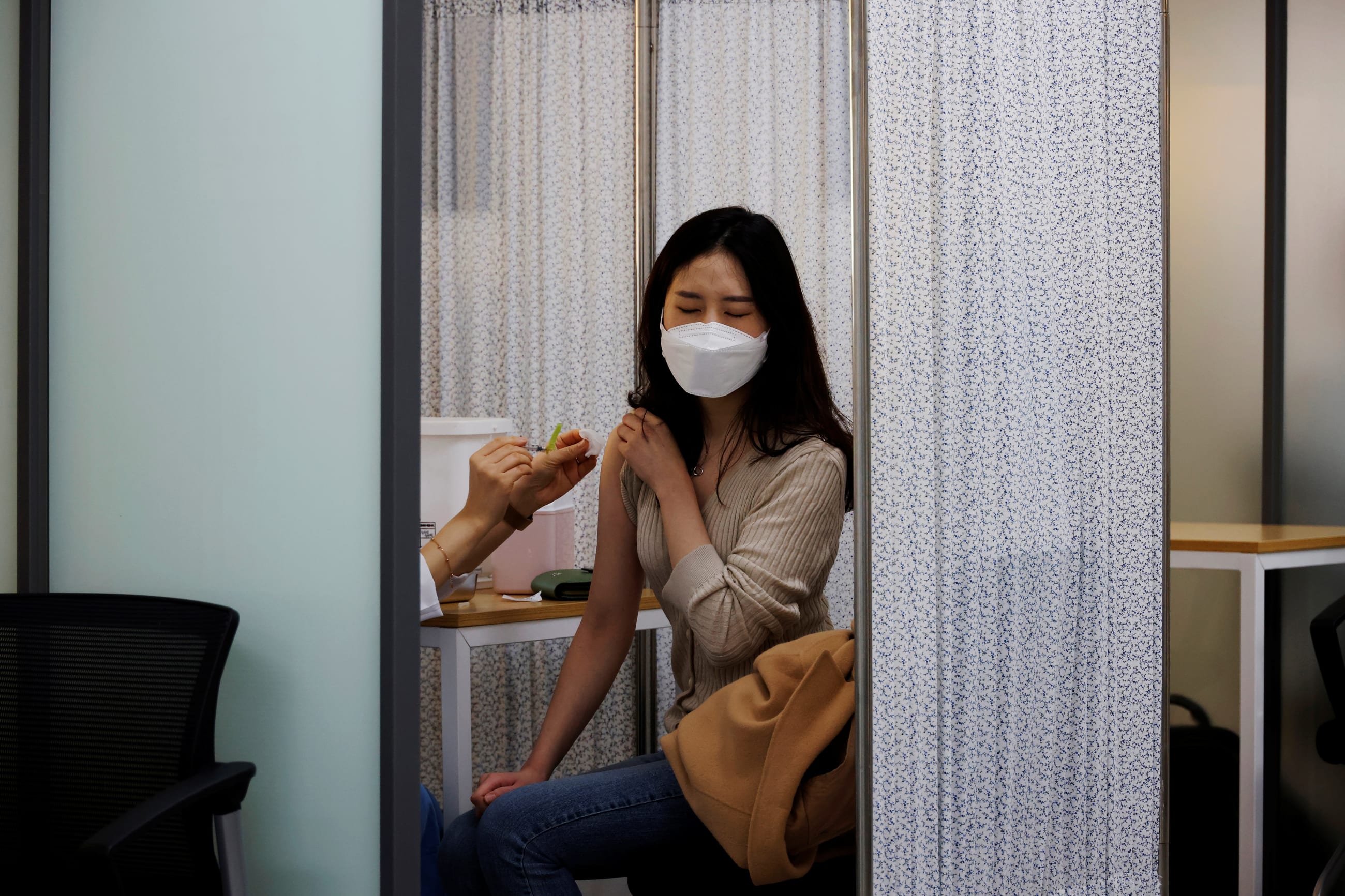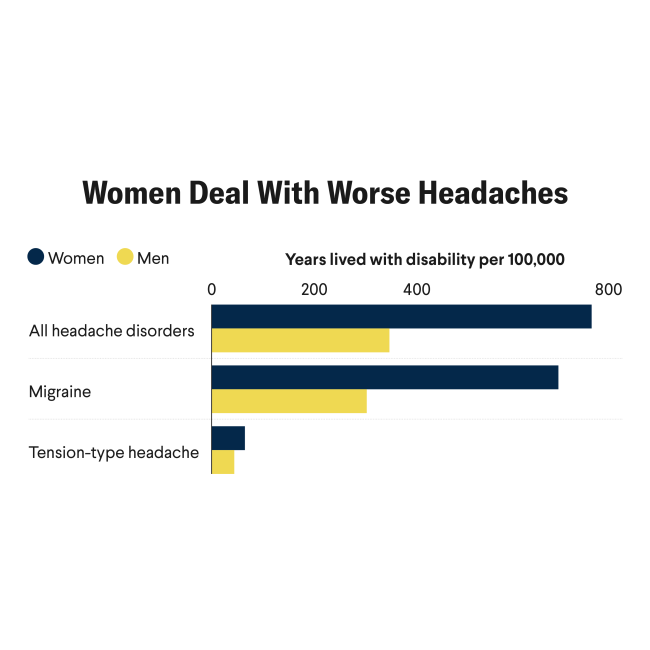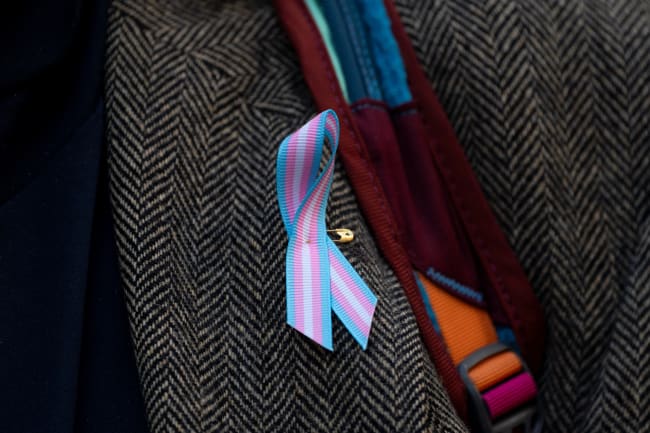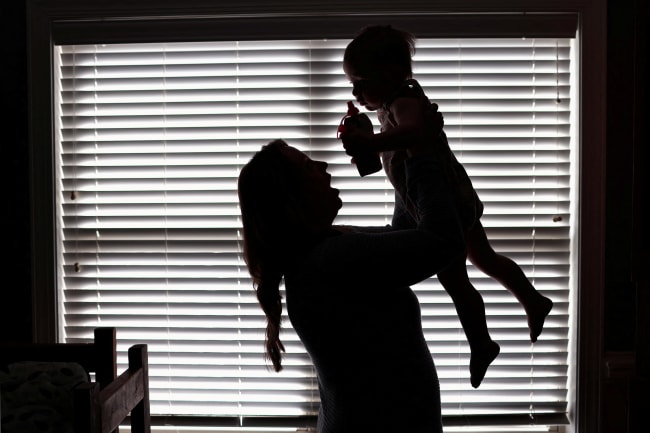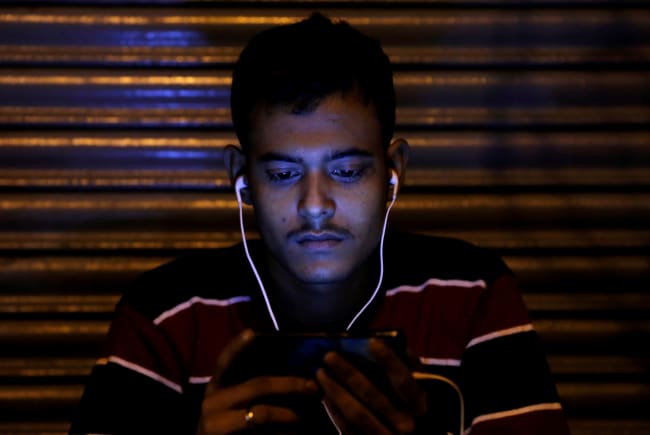"I'm not sure about the COVID-19 vaccines." Myriam, my (A.A.) 83-year-old Bolivian grandmother told me. I live in the United States, and I haven't seen my grandmother in more than a year. "I know that you could come visit me when we both get the vaccine, but I'm worried about how fast they developed those vaccines."
My grandmother is not alone in her concerns and doubts. Around the globe, women are more reluctant to be vaccinated than men, according to a massive global survey of five million people in 100 countries (among responses in the last six weeks). Administered by Carnegie Mellon and the University of Maryland with Facebook's support, it found the difference in many regions of the world, with only a few exceptions. We see these gendered patterns in both places where overall vaccine hesitancy is low and where it is high.
Why are women reluctant to get the COVID-19 vaccine? More than half of surveyed women who expressed hesitancy about the COVID-19 vaccine said they were concerned about possible side effects or that they planned to wait and see if the vaccine was safe. In every region of the world, these were the top two explanations, ranking well above others such as not needing the vaccine, disliking vaccines, concern about the cost, or hesitation for religious reasons. These findings are a cause for hope, inviting the possibility women will gain confidence as more people, including friends and family, receive the vaccine.
Another encouraging finding is that the reluctance of about one in four women stems from the altruistic belief that other people need the vaccine more than they do, particularly in Southeast Asia, East Asia, and Oceania. As more vaccines become available and all adults become eligible for vaccination, these women may be more open to vaccination.
In the meanwhile, what can be done to increase women's trust in the vaccine? We can start by recognizing misinformation as a real threat to public health objectives and thinking about alternative policies to stop its spread. People are exposed to misinformation spreading in social media and the internet every day in a competing ecosystem of ideas, and that can undermine vaccine confidence. For example, since December 2020, false reports about the COVID-19 vaccines and fertility spread widely on U.S. social media, prompting real concern among women of childbearing age. In a 15-country study on COVID-19 perceptions from Africa CDC, 42 percent of interviewees had been exposed to a lot of disinformation, and some of them even disbelieved COVID-19's existence or thought foreign actors created it. These types of misinformation have measurable impacts on vaccine uptake: a randomized control study conducted in the United States and the United Kingdom found that misinformation led to about a 6 percent decline in people's willingness to get the vaccine, and that in the United States women were more affected by misinformation than men.
Despite all of this, even if many women are uncertain about getting the vaccine today they appear to be open to being vaccinated against COVID-19 in the future. Urgently, public health officials must show empathy to people who are concerned about the safety or possible side effects of the vaccine in order to convince them that vaccines are safe.
To prevent as much disease as possible, we need to tackle COVID-19 vaccine hesitancy upfront, stop the spread of misinformation, and debunk false claims while at the same time communicating the benefits of the vaccines to women of all ages.
In the absence of quality data that allow disaggregation by gender, we utilize data that disaggregate by sex, with the understanding that outcomes for people outside the gender binary are often less equitable than they are for cis women or men.
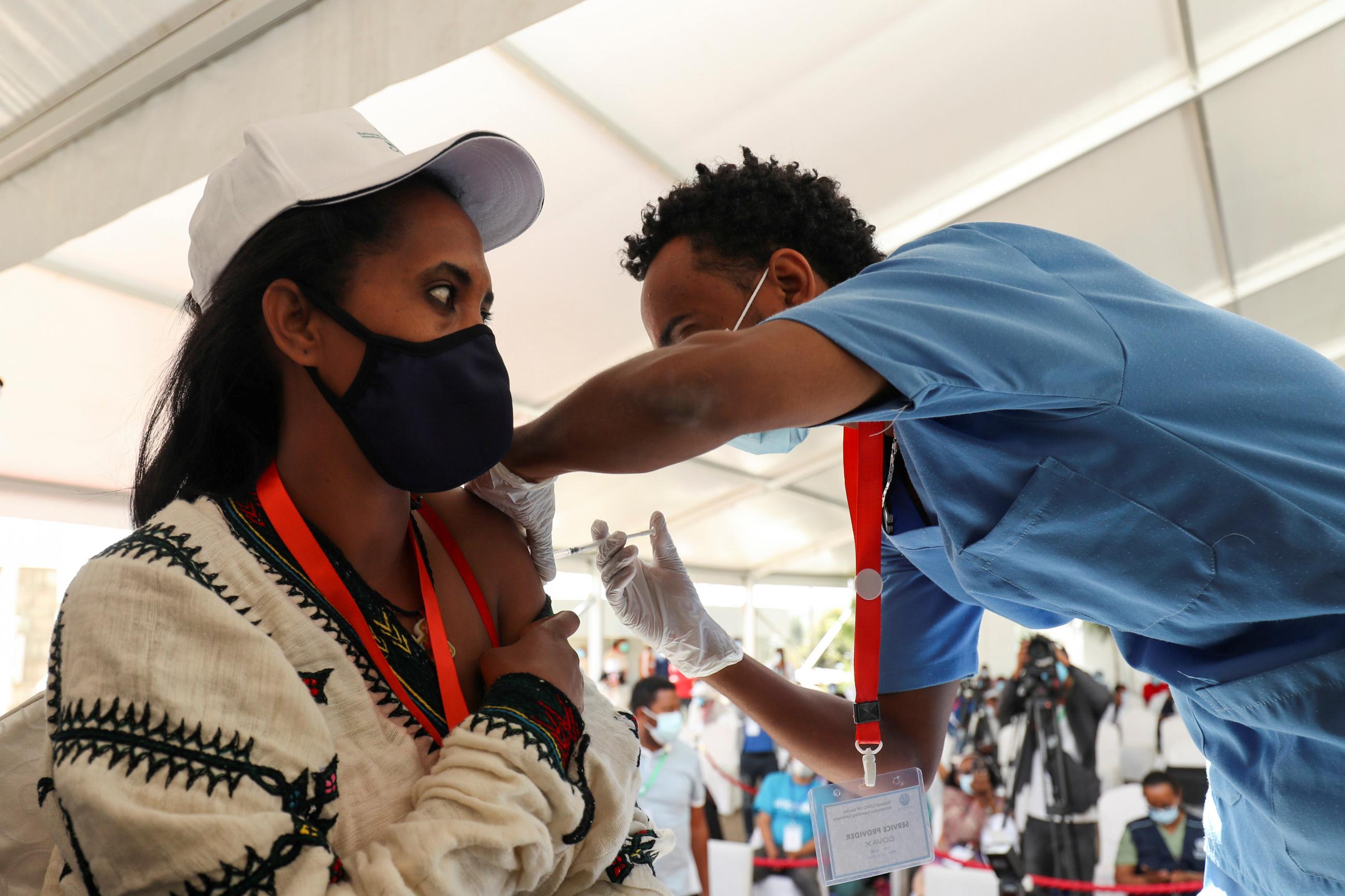
Acknowledgment: This research is based on survey results from U.S. COVID-19 Symptom Survey administered by the Carnegie Mellon University's Delphi Research Group and Global COVID-19 Symptom Survey administered by the University of Maryland.
EDITOR'S NOTE: The authors are employed by the University of Washington's Institute for Health Metrics and Evaluation (IHME). IHME collaborates with the Council on Foreign Relations on Think Global Health. All statements and views expressed in this article are solely those of the individual authors and are not necessarily shared by their institution.
